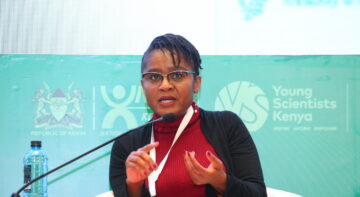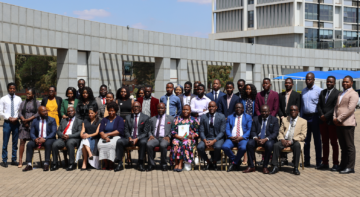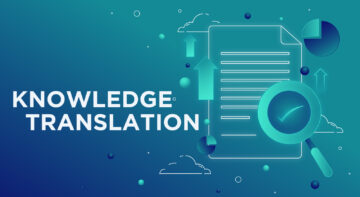Blogs

The gap between policymakers and researchers has been acknowledged as a major reason for the limited use of research in policy decisions. In order to bridge this gap, it is critical that individual networks and institutions are strengthened to enhance mechanisms for promoting collaboration between researchers, policymakers, and other stakeholders who can influence the uptake of evidence. Currently, there are a lot of efforts going on around Africa to help bridge the gap between policymakers and researchers to enable increased use or consideration of evidence in policy decisions.
Between 9-11 December 2018, I was part of some of these efforts at a workshop on Evidence-Informed Policy-Making (EIPM) in Pretoria organised by the European Commission, the African Academy of Sciences, UK Research and Innovation, Department of Science and Technology – South Africa and the International Network for Government Science Advice (INGSA). The workshop, focused on Water-Energy-Food-Health, was an opportunity for policymakers and scientists across Africa to better understand demands and constraints from both perspectives, as well as develop new skills required in using evidence for policy.
Among others, the seminar used simulated exercises to help researchers appreciate what policymakers deal with daily when they have to make critical decisions. For example, policymakers are given lengthy documents with very little time to make decisions that could potentially have negative effects on communities, but a decision has to be made all the same. In one of the sessions on « Evidence Use in Parliaments’, it was noted that because Parliament is an institution whose work of oversight, resource allocation, lawmaking, and representation is supposed to be driven by data, it is important for it to have a comprehensive approach to managing critical resources to enable evidence use.
Our work with various parliaments across Africa at the African Institute for Development Policy (AFIDEP) has shown that although African parliaments are making some efforts to improve and enable use of evidence in their work, these efforts are not a top a priority and therefore parliaments need to do more in terms of investing in systems, structures, and technical staffing levels to promote and facilitate sustained evidence use in their work. The highly political contexts in many African parliaments compounded by weak levels of independence from the Executive also undermine evidence-informed debate and decision-making in these Parliaments.
As we engaged in critical conversations at the workshop, policymakers and researchers alike, we all agreed that working together in an interdependent relationship was critical to enabling EIPM. Moving forward, we were challenged to practice an affiliation whereby policymakers and implementers generate feedback from the front lines while researchers provide expertise in scientific methods necessary for research. Without either of the two entities « researchers and policymakers – there would be no EIPM.
Related Posts





